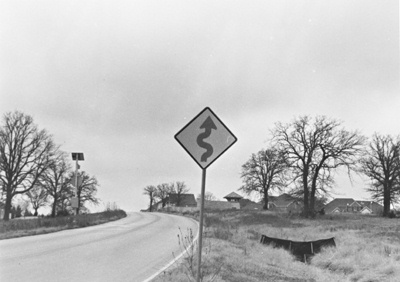All Nonfiction
- Bullying
- Books
- Academic
- Author Interviews
- Celebrity interviews
- College Articles
- College Essays
- Educator of the Year
- Heroes
- Interviews
- Memoir
- Personal Experience
- Sports
- Travel & Culture
All Opinions
- Bullying
- Current Events / Politics
- Discrimination
- Drugs / Alcohol / Smoking
- Entertainment / Celebrities
- Environment
- Love / Relationships
- Movies / Music / TV
- Pop Culture / Trends
- School / College
- Social Issues / Civics
- Spirituality / Religion
- Sports / Hobbies
All Hot Topics
- Bullying
- Community Service
- Environment
- Health
- Letters to the Editor
- Pride & Prejudice
- What Matters
- Back
Summer Guide
- Program Links
- Program Reviews
- Back
College Guide
- College Links
- College Reviews
- College Essays
- College Articles
- Back
Mathematics, Jazz, Zen: An Existential Ribbon in Balance MAG
Math and jazz are different. Contradicting sometimes, complementing sometimes, always side by side, sometimes parallel, sometimes intersecting. They're both important to me, and I think their unique interaction has helped me discover who I am in a few short years of high school.
Jazz is so free – creative, lyrical, pulsing, raw, human. Music is emotion, while math is abstraction. Mathematics takes all we know in life and then takes it away. If music is the most human of the arts, math is the least. Yet there is math in music, and music in math. In jazz, inspiration can come to any soul, but it takes a trained musician to liberate it from the heart and set it in the hearts of others. I've struggled as a student of music theory to balance my expression with the necessities of formal structure. I think soloing on a chart is a good analogy for life. I can have a million ideas, but only by training my mind can I put them in a form others can digest. Only by training my pen and sharpening my mind academically can I turn my thoughts into arguments, and turn my arguments into ideas that I hope could someday change the world.
In math, the process of proof is similar. It's easy sometimes to see the answer, but it takes perseverance and training to derive it logically. It's not enough to feel the answer; you have to prove it. It's not enough to feel the music. You have to prove it.
There's a little bit of irony in all this. I've recently become a fan of Zen philosophy, which maintains that we must cherish the contradictions and hypocrisies of life, rather than try to blindly “resolve” them. This translates into Zen meta-philosophy – studying the Way only brings us farther from it – and the resolution of meta-meta-philosophy – the farther from the Way we are, the closer we approach it. The endless contradictions eventually cancel out to a universal truth of sorts: it's tough to get to Enlightenment, but by training your spirit you can try to pave the Way for it.
That's jazz, and that's mathematics. John Coltrane for a period of time was living on a farm to practice without interruption (not unlike some Zen monks!). He spent 14 hours a day locked in his room, playing sax. Certainly he had the heart of an artist and was able to express himself pretty well beforehand. But he knew you don't move the souls of an entire generation without a little more practice.
That's what I want my education to do for me. I want to change the world in some way someday, and I can do it by making the most of myself, the most of everything inside me. Though it seems silly and almost hypocritical to say that I can enhance the arts of music and mathematics with the sciences of knowledge and self-discipline, it's no stranger than noting one must study to become a Zen monk. I love taking in every bit of knowledge I can, because I think the touchable knowledge of the real world will enhance my creativity and expression, the intangible, emotional things that are really the most human.

Similar Articles
JOIN THE DISCUSSION
This article has 0 comments.
